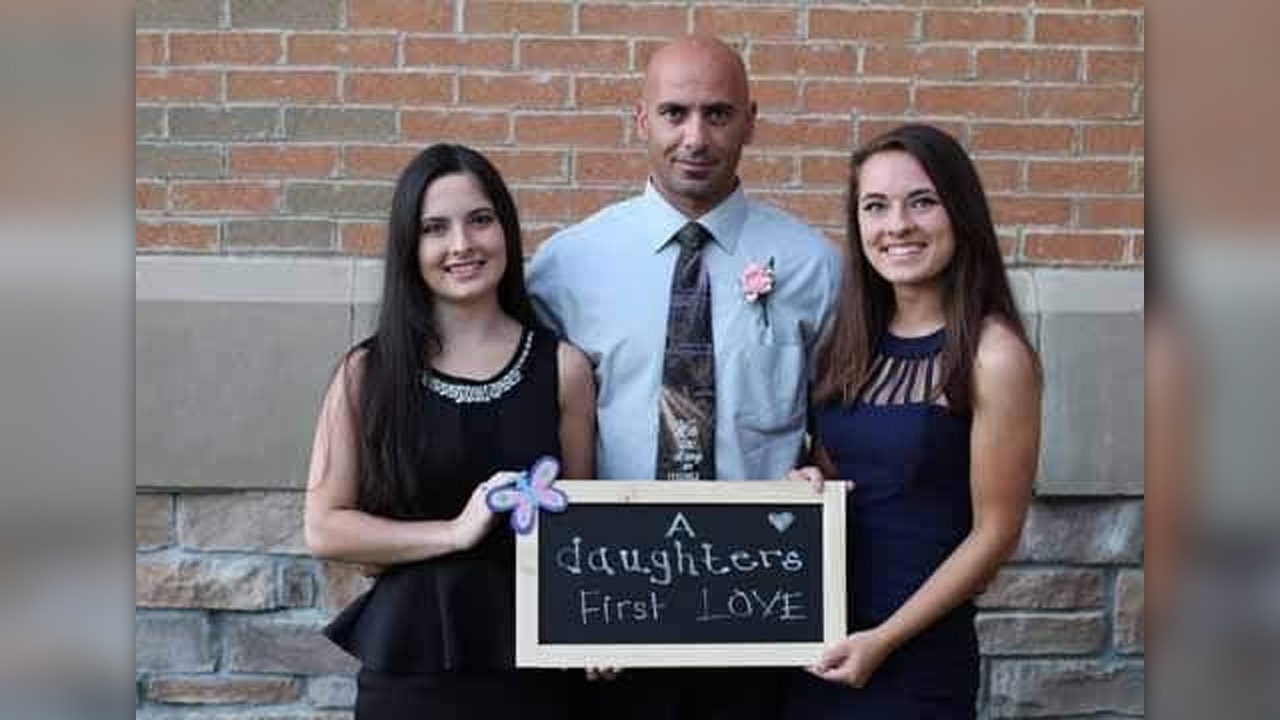Voters in Maryland, West Virginia and Nebraska go to the polls on Tuesday for primaries that will test the political resonance of the Jan. 6, 2021, attack on the Capitol, the hold on the Republican Party by former President Donald J. Trump and the power of money in the Democratic Party.
Here is what to watch:
Maryland’s unexpectedly important Senate choice
Deep blue Maryland was not on anyone’s list of hot contests when Senator Ben Cardin, a Democrat, announced he would retire at the end of his third term this January. Representative David Trone, the deep-pocketed owner of Total Wine & More, an alcohol retailer, was ready to spend big on securing the Democratic nomination, and that should have been enough to secure himself a seat in the Senate.
Two things happened to upset that: Larry Hogan, a moderate and popular former Republican governor, decided to run for the Senate as an anti-Trump voice in the G.O.P., and Angela Alsobrooks, the executive of Prince George’s County, a diverse suburb of Washington, D.C., put together a potent campaign for the Democratic nomination.
Mr. Trone has already spent an astounding $54 million of his own money on the Democratic nomination, and some Democratic leaders still like the idea of a self-funding candidate to take on Mr. Hogan in November. But Ms. Alsobrooks, who would be the third Black woman elected to the Senate in history, has held her own in the polls and secured the backing of a majority of the state’s most prominent Democratic politicians. Maryland Democrats must make their choice between the man blanketing the airwaves and the woman who would make history.
‘Save democracy’ versus government experience
More than 20 Democrats are vying for Maryland’s heavily Democratic Third Congressional District, where Representative John Sarbanes, a Democratic stalwart from a Democratic dynasty, is retiring.
But two names jump out. The first is Harry Dunn, who vaulted to the nation’s attention as a burley Capitol Police officer who battled a pro-Trump mob on Jan. 6, 2021, and then testified before the House committee that investigated the attack. The other is a state senator, Sarah Elfreth, who won fans with her legislative accomplishments in Annapolis and secured the backing and money of the pro-Israel group United Democracy Project, an affiliate of the American Israel Public Affairs Committee.
Mr. Dunn has never held elective office, but his appeal to “save democracy” has yielded nearly $4.6 million in donations and given him a national voice in efforts to thwart Mr. Trump and his political movement. Ms. Elfreth’s appeal is more traditional: a legislative record and a steady climb up the political ladder.
A Republican moderate in Nebraska
Representative Don Bacon, a Republican, has labored to cultivate a moderate image in his purple-tinged district around Omaha, which has helped him stave off Democratic attacks ever since he narrowly defeated a Democratic incumbent in 2016. But in the uncompromising Republican Party of the Trump era, that has not sat well with some conservatives.
In the Republican primary on Tuesday, Mr. Bacon faces Dan Frei, a conservative businessman from the Trump wing with the endorsement of Nebraska’s Republican Party. Mr. Bacon has made the case that a Frei victory in the primary would hand the seat to State Senator Tony Vargas, a Democrat who nearly won the seat in 2022. The vote on Tuesday is yet another test of moderation versus Trumpism. Democrats will be watching closely.
A troubled coronation in West Virginia
The Republican primary between West Virginia’s governor, Jim Justice, and Representative Alex Mooney, a Trump-aligned conservative, for the seat of retiring Senator Joe Manchin III could have been a barn burner. Mr. Justice is broadly popular. But Mr. Mooney, with the backing of Mr. Trump, trounced another sitting House Republican in 2022, in a member-on-member primary. The well-financed conservative political action committee Club for Growth was promising to spend big on Mr. Mooney, contending that the governor was too moderate.
Then Mr. Trump endorsed Mr. Justice, and the air went out of the Mooney campaign.
The election is consequential. No strong Democratic candidate has emerged in the Republican-dominated state. The loss of Mr. Manchin’s seat means the best Democrats can do in November is a 50-50 split of the Senate (absent an unanticipated upset of Ted Cruz of Texas, Rick Scott of Florida or Josh Hawley of Missouri — all Republican senators in Republican states). Even if Democrats pull that off, President Biden will have to win re-election for the party to maintain control of the chamber.
But Mr. Justice, at this point, may have fewer concerns about his electoral success than the business debts that are expected to follow him to the Senate.






